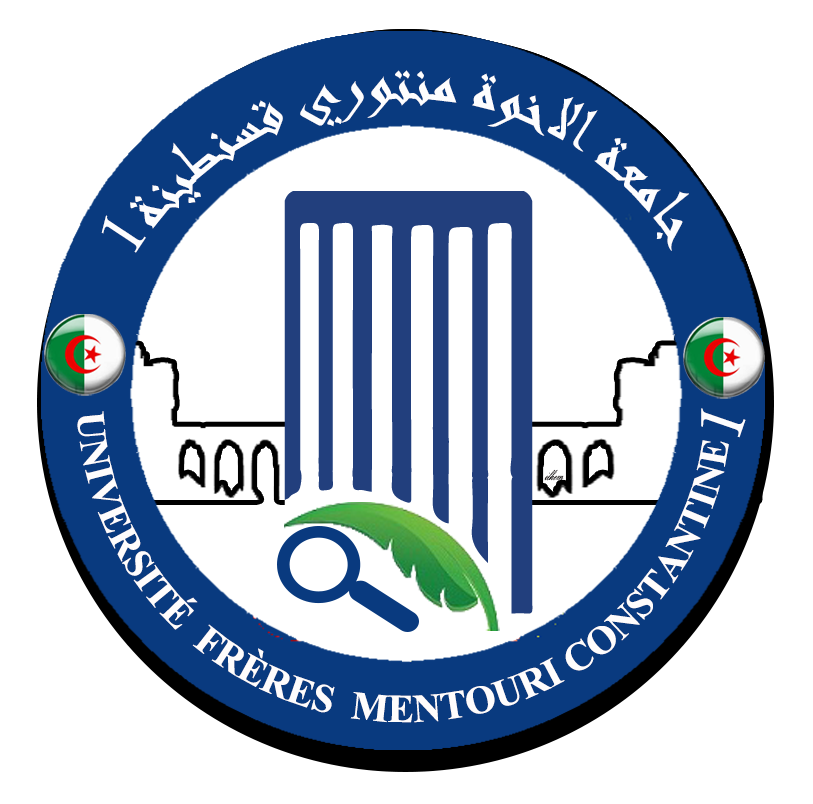BIOINFORMATIQUE
[BIOINFORMATICS]
Description
Bioinformatics is an interdisciplinary field that combines biology, computer science, and statistics to analyze and interpret biological data. It involves developing computational tools and algorithms to study biological processes, such as DNA sequencing, protein structure prediction, and gene expression analysis. Bioinformaticians use various techniques, including data mining, machine learning, and statistical modeling, to derive meaningful insights from large-scale biological datasets. The field plays a crucial role in genomics, proteomics, and drug discovery, helping researchers understand the structure, function, and evolution of biological molecules and systems. Overall, bioinformatics enables the integration of biological information with computational methods to advance our understanding of life sciences.
Outlet
A double competence in the fields of life sciences and computer science promotes the professional integration of students in different sectors of activity such as: Research laboratorie Scientific police. Public health sector. Biotechnology (industrial, pharmaceutical, environment). Ecological bioinformatics
Target level of study
BAC +3
ECTS
180 crédits
Period
3 years
List of subjects
| Matière | Enseignant(s) |
|---|---|
| Biostatistique appliquée | Habiba BOUHALLOUF |
| Génétique moléculaire | TEMAGOULT Mahmoud |
| Banques de données biologiques | YOUCEF ALI Mounia |
| Structure des macromolécules | MEDJROUBI Mohamed Larbi |
| Biologie moléculaire | DAHBIA YASMINA MEZIANI |
| Système Unix | Wissem BOUARROUDJ |
| Algorithmique | CHEHILI Hamza |
| Anglais Scientifique | ALLOUN Wiem |
| Matière | Enseignant(s) |
|---|---|
| Analyses Données Biologiques | Hamidechi Abdelhafid |
| Programmation | Hamza CHEHILI |
| Datamining | Chehili Hamza |
© 2020 UFMC1 Copyright
